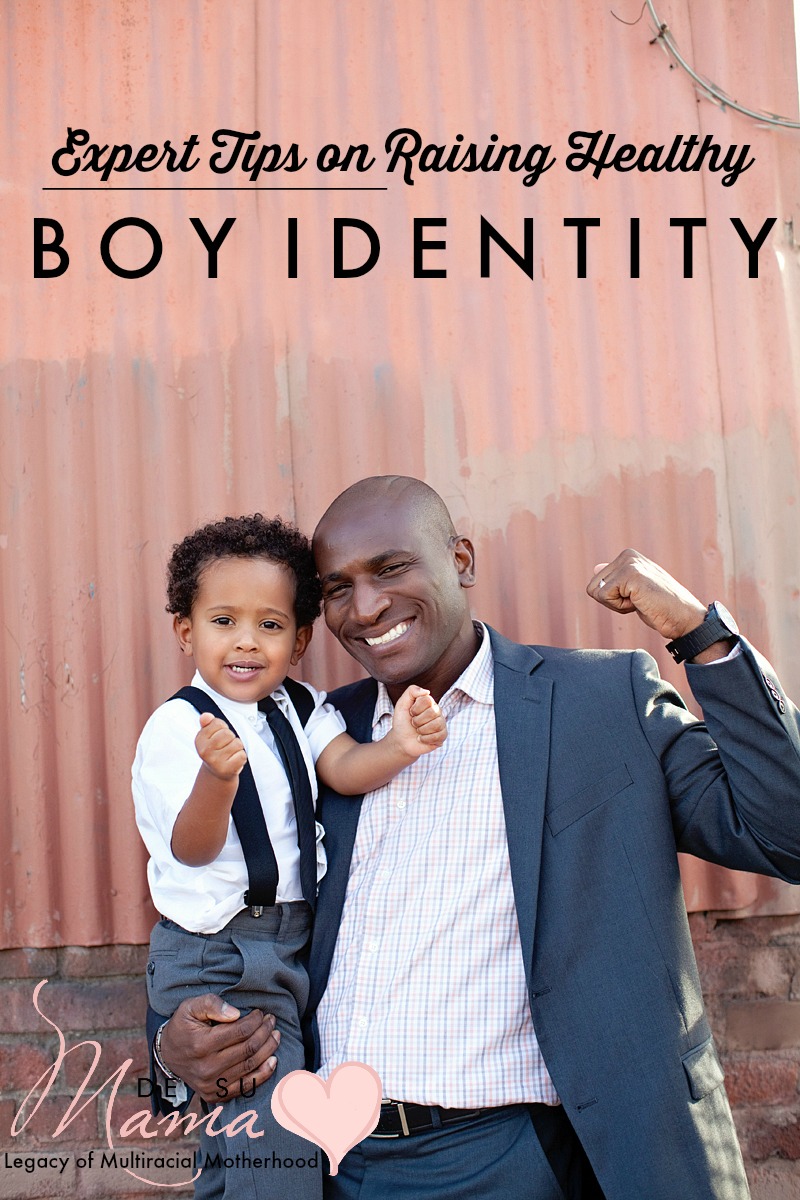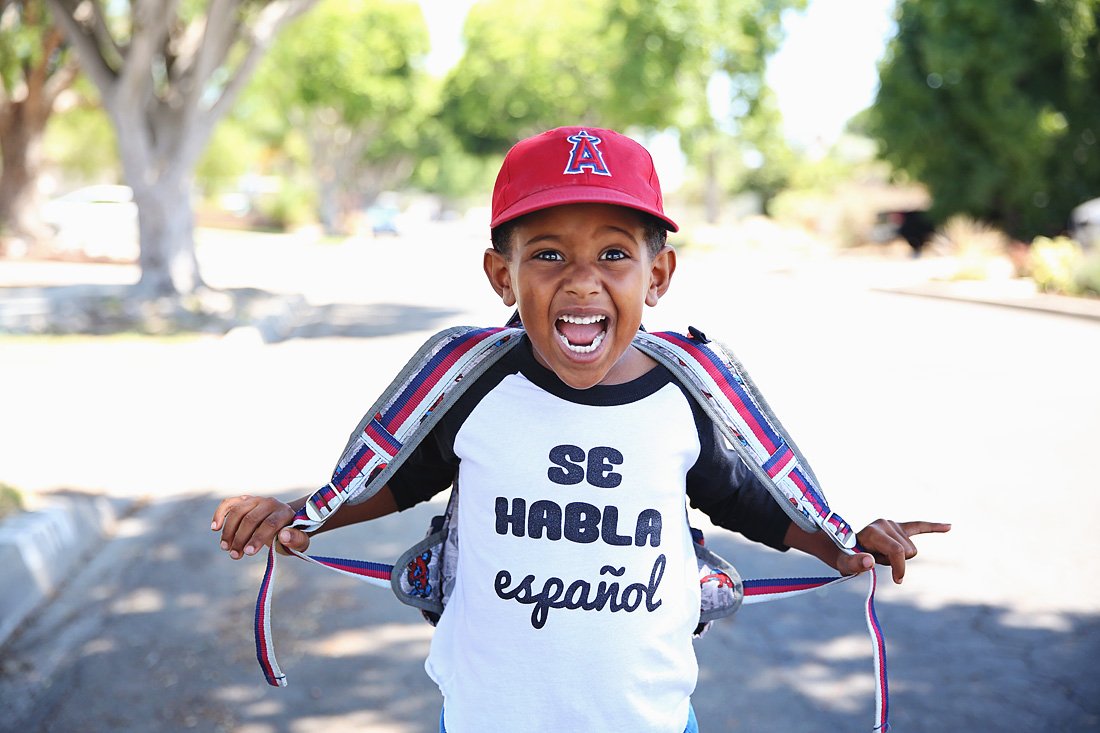DSM Reader Question on Raising Boy Identity: When you have a daughter followed by a son, how do you help build his identity as a “boy”? Especially when everything surrounding him is girly?
This is a great question, but not a simple one. The term “boy identity” is loaded with meaning, and depends on your personal, familial, and cultural perspectives. Before anything, I think it’s important to explore your own expectations of what it means to be a boy. Your expectations and beliefs will have a significant influence on your son’s identity development.
Parenting Tips for Boys
In raising your son, evaluate your biases by asking yourself:
• What are boys supposed to look like?
• What type of activities should boys engage in?
• How should boys interact with other boys (or girls)?
• How do I feel about males who are mostly masculine (or feminine)?
Healthy Boys Identity
Answering these questions after honest evaluation should help you become aware of the expectations of your son and his behavior. When you’re honest, you can be intentional in your parenting, rather than send mixed or unconscious messages, and thereby raise a more purposed family legacy.
For example, a parent may tell their child “it’s okay to be who you are”, but discourage him from playing with girls or toys marketed for girls. It’s my professional belief that, as parents, we have our own agendas when it comes to our kids. We harbor visions of the people we want them to become. It’s better to be aware of those agendas when parenting your child, while also understanding that gender identity is a complex development that occurs over time.
Let’s take a quick look at a few of the influences that impact our boys’ gender identity…
How Gender Identity is Nurtured in Children
A child’s gender identity is influenced by both biological and environmental factors. Meaning, gender identity is both part of nature (they’re born with it) and nurture (everything else).
Influences that impact gender identity include:
Biological: Studies have found that higher levels of testosterone found in the amniotic fluid of mothers pregnant with boys. These high levels of testosterone are also linked to more male-typical “rough-n-tumble” play in children and what most consider “boy” behavior. This, in addition to your son’s natural temperament, can have a lot to do with his gender identity.
Male role modeling: Much of your son’s understanding of being male will come from his father and/or other male influences. The way that his father carries himself and interacts with his son, you, sister, and the rest of the world will affect his idea of maleness. Boys will pick up on subtleties, like how dad dresses, walks, talks… the whole swag. He’ll also learn his dad’s emotional temperament and ways in which to respond to daily life.
Female role modeling: The way that you interact with your son also has a significant influence on him. My mother was very affectionate with me, but also discouraged me from crying and said that I need to be tough. She praised me when I did well and was tough on me when I broke the rules. The message: as a male, I can express sensitivity through love and care, but not vulnerability. I also learned to seek praise by achieving and to be accountable for my actions.
Media: Television programs, commercials, and movies also influence a child’s perception of gender. Male-specific toys, such as trucks and action figures are marketed to boys, and vice-versa.
Peer socialization: Another significant influence on him as a boy will come from interacting with other boys. When children start school, they receive both subtle and overt messages about gender roles. Gender lines, in regards to “boy things” and “girl things” are typically formed as early as preschool and solidified by early elementary (grades 1-3). During preschool and kindergarten, it’s pretty typical for a boy to go from wrestling with his buddies, to a game of hop-scotch with the girls. After kindergarten is usually when you’ll see all of the alpha-male dynamics start to develop on the playground and in the classroom.
4 Expert Tips to Parenting Boys
Raising a healthy boy identity is a valid concern, but equally important is raising a stable child overall. So to answer your question more directly, here are 4 tips to build your son’s boy identity:
• Become aware of your expectations of your son and his behavior. Also be aware of how you interact with with boys and males.
• Pay attention to his natural tendencies and interests, and let him to do his own thing.
• Be flexible. He’s likely going to play with his sister’s toys. You can buy him male typical toys, but allow him to explore and choose what he likes most.
• Love that boy up! The world can be very tough on boys, so he’ll need as much love possible to build him up for the challenges ahead.
Raising healthy boy identity is a delicate balance of being aware of your own agenda, paying attention to his innate disposition and allowing him space to define what makes him most happy. Ultimately, loving your son should be the same as loving your daughter: unconditionally.
Want your parenting question answered by DSM Experts? Find out how to submit and more about the Raising Multiracial Children: Ask the Expert series!





